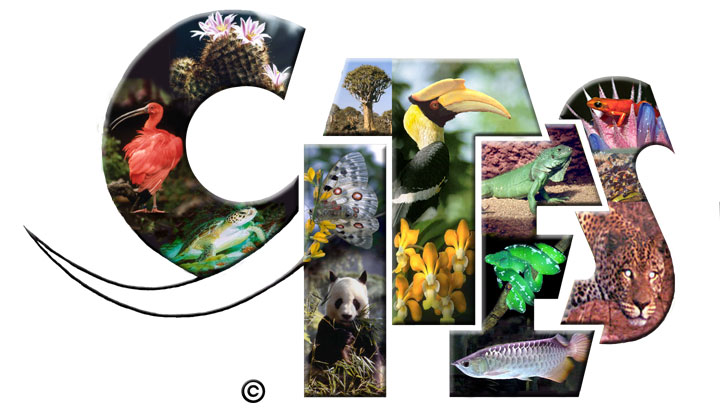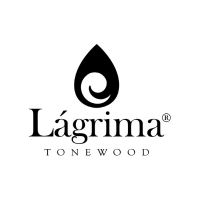
What is CITES?
CITES (the Convention on International Trade in Endangered Species of Wild Fauna and Flora) is an international agreement between governments. Its aim is to ensure that international trade in specimens of wild animals and plants does not threaten their survival.
How does CITES apply to the tonewood trade?
The CITES agreement applies to certain tonewoods we sell, such as all Dalbergia species. Most of the protected woods are listed in CITES Appendix II. These woods can be sold within the European Union without a CITES permit. However, a permit is required for exports outside the European Union, with a cost of €90.
The only wood species listed in Appendix I is Dalbergia nigra, known as Brazilian rosewood. For Dalbergia nigra, a CITES permit is required in all cases.
The CITES permit takes approximately two weeks to be issued by the Portuguese authorities, ICNF – Instituto da Conservação da Natureza e das Florestas. Once a CITES certificate has been requested, it is not possible to cancel the order.
For orders requiring a CITES permit, shipping will be delayed until the permit is issued in your name and approved for export. It is important to note that a CITES permit applies to a single transaction, regardless of the quantity of wood. For example, whether you purchase one set of back and sides or multiple sets of a protected tonewood, only one permit is required.
Please check with the authorities in your country to determine whether a separate CITES import permit is needed, as some nations require one.
If you require further information, please contact us via email at info@lagrimatonewood.com.
For more details, you can also visit the official CITES website: https://www.cites.org/eng.

